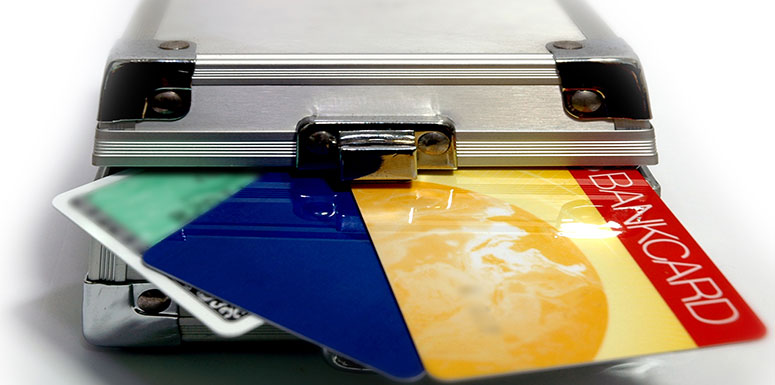Security breaches at Equifax have exposed the names, Social Security numbers, birth dates, and other personal information of as many as 143 million Americans. On top of that, the Wall Street Journal has recently reported that hackers also stole the records of 10.9 million driver’s licenses. To put it simply, the Equifax hack is a crisis of unprecedented proportions.
How Can Criminals Use the Equifax Breach to Their Advantage?
A sizeable portion of Americans are now highly vulnerable to identity theft. If you are among the millions of people affected by the Equifax leak, your credit score and savings could be obliterated if an unethical person uses your information to create a bank account, take out a loan, or open a line of credit in your name. New account origination represents around 15% of all identity theft cases, so it’s a serious threat to consider in the wake of the Equifax breach.
Think about the information you provide to a bank or credit card company when opening an account or verifying an unusual purchase. Generally, they ask for little more than your name, contact information, and the last four digits of your social security number. For this reason, if you have any inclination that you’ve been affected by the data breach, you need to act now to protect your financial interests.
Equifax Is Scrambling to Contain the Crisis
On September 12, 2017, Equifax announced on its Twitter profile that it was waiving credit freeze fees for a 30-day period. The firm had earlier promised to offer free credit monitoring for a year – an offer that did little to address its customers’ lifetime of worrying about their leaked social security numbers. As Senator Brian Schatz of Hawaii stated in a letter to Equifax, a year of credit monitoring is “insufficient given the scope and scale of this data breach.”
Unfortunately, the offer to waive fees for requesting a credit freeze doesn’t adequately address the issue either. Waiving credit freeze fees over a one-month period for just one credit bureau (Equifax) doesn’t even come close to giving people the tools to protect their credit score, assets, and identity.
What Is a Credit Freeze, and How Can it Help Me?
Requesting a credit freeze is essentially the only way to protect yourself from identity theft if you think your information may have been accessed during the Equifax breach. This remedy – also known as a credit report lockdown or security freeze – enables you to prohibit a credit bureau from selling your data. But for this tactic to be effective, you must request a credit freeze from all of the leading credit bureaus: Equifax, Experian, TransUnion, and Innovis.
When a thief tries to use your social security number to open a bank account or line of credit, the bank, loan servicer, or credit card company will want to know your credit score as a condition of accepting the thief’s application. But if you’ve requested a freeze with every credit reporting bureau, the financial institution will be unable to perform a credit check, and the thief’s application will be denied. If you only request a freeze from Equifax, the thief’s application may get checked against your credit information stored with other credit bureaus.
Equifax offered to waive fees for 30 days, but that period is now over. Fortunately, as an Ohio resident you can get free credit freezes (from any credit bureau) if you include a copy of an incident report or complaint from an Ohio law enforcement agency or the Department of Motor Vehicles. Otherwise, the fee to request each freeze will be $5.
Note that you will be unable to open new accounts or lines of credit while freezes are in effect. To perform these actions, you would need to unfreeze your information from one or more credit bureaus for a $5 fee. You should only do so once you are confident that your personal information has not been leaked.
Cleveland Bankruptcy Attorneys Can Help
At Cleveland Bankruptcy Attorneys, we are dedicated to protecting the rights and interests of Ohio consumers. If you were targeted in the Equifax breach and are having financial difficulties as a result we can help. Call us today at (216) 586-6600for a free consultation regarding your case.

